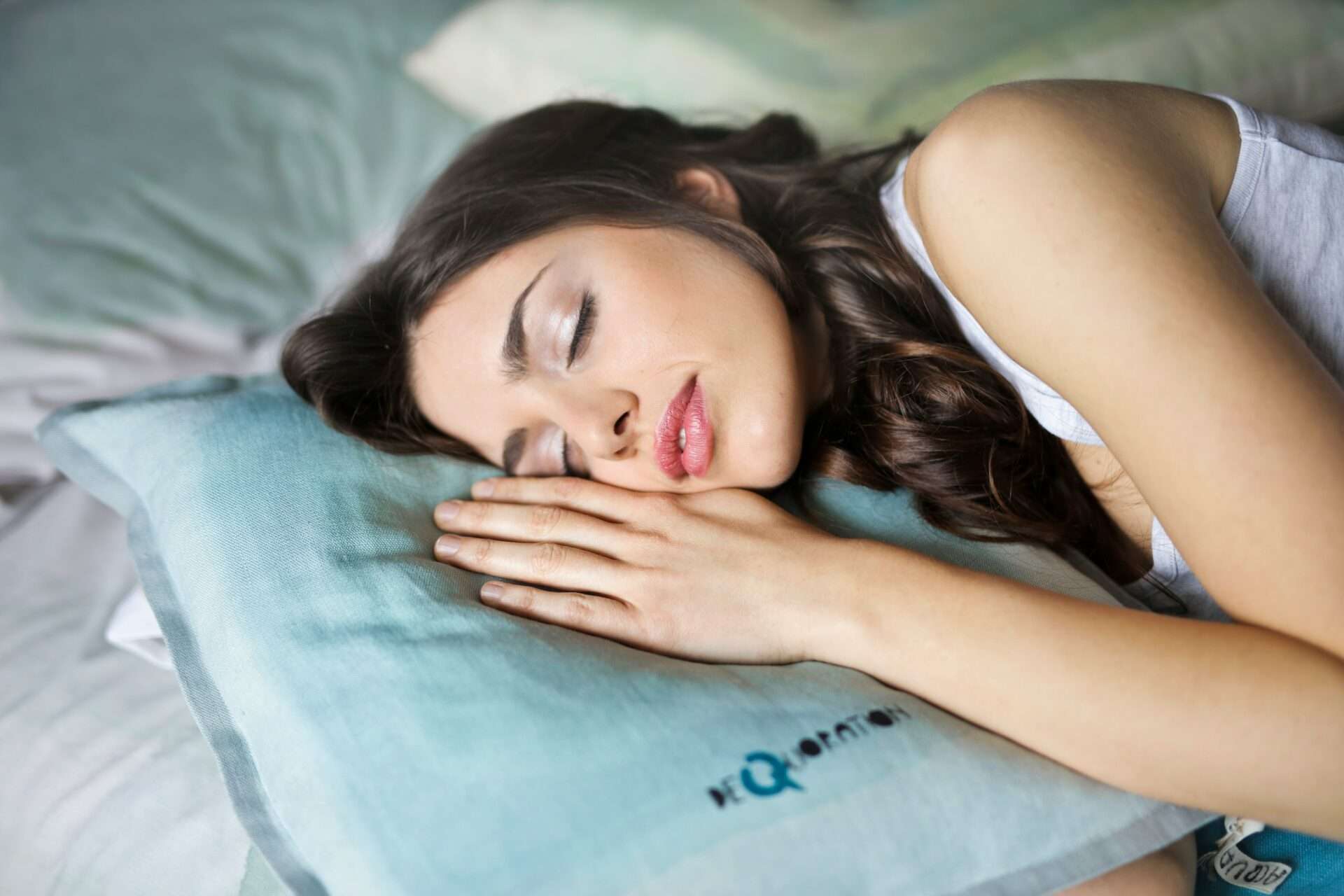The Science of Sleep for Runners
Sleep is the ultimate performance enhancer for runners. This guide explores the powerful bidirectional relationship between running and sleep, backed by current sports science research.
Key Sleep-Performance Connections
- Recovery accelerator: 70% of growth hormone release occurs during deep sleep
- Endurance booster: 8+ hours sleep improves time to exhaustion by 15-20%
- Injury prevention: Chronic sleep deprivation increases injury risk by 1.7x
- Mental edge: Proper sleep enhances focus and pain tolerance
Sleep Physiology for Runners
Sleep Stage Benefits
| Sleep Stage | Physical Benefits | Cognitive Benefits |
|---|---|---|
| Deep (N3) | Muscle repair, HGH release | Memory consolidation |
| REM | Pain modulation | Motor skill enhancement |
Optimal Sleep Duration
- Recreational runners: 7-8 hours/night
- Competitive runners: 8-9 hours/night
- Ultra/trail runners: 9-10 hours/night
Running’s Impact on Sleep Quality
Exercise-Sleep Connection
Moderate running improves sleep by:
- Regulating circadian rhythms
- Reducing sleep onset latency by 12-15 minutes
- Increasing slow-wave sleep duration
Timing Considerations
| Run Time | Sleep Impact | Recommendation |
|---|---|---|
| Morning | + Circadian alignment | Ideal for most |
| Evening | May delay sleep onset | Finish 3h before bed |
Sleep Optimization Strategies
Pre-Sleep Routine
- Digital sunset: No screens 90min before bed
- Temperature: 65°F (18°C) ideal bedroom temp
- Nutrition: 1 tbsp almond butter + chamomile tea
Recovery Supplements
- Magnesium glycinate: 400mg before bed
- Tart cherry juice: Natural melatonin source
- L-theanine: 200mg for relaxation
Common Sleep Challenges & Solutions
Post-Run Insomnia
Combat post-run wakefulness with:
- Cooling shower to lower core temp
- Box breathing technique (4-4-4-4)
- Progressive muscle relaxation
Overtraining Indicators
- Resting HR increase >10%
- Sleep efficiency <85%
- Frequent nighttime awakenings
Sleep Tracking Technology
Wearable Comparison
| Device | Key Metric | Best For |
|---|---|---|
| Oura Ring | HRV tracking | Recovery analysis |
| Whoop | Sleep strain balance | Training adjustment |
| Garmin | Body battery | Daily readiness |
Seasonal Sleep Adjustments
Summer Running
- Pre-cool bedroom to 60°F (15°C)
- Use moisture-wicking sheets
- Hydrate with electrolyte mix before bed
Winter Running
- Humidifier to combat dry air
- Weighted blanket for coziness
- Light therapy lamp for morning
Conclusion
Quality sleep is the secret weapon for runners seeking peak performance. By understanding sleep science, implementing recovery-focused routines, and leveraging tracking technology, athletes can optimize both their rest and running results. Remember – you can’t out-train poor sleep. Prioritize rest with the same dedication as your training, and watch your performance reach new heights.



